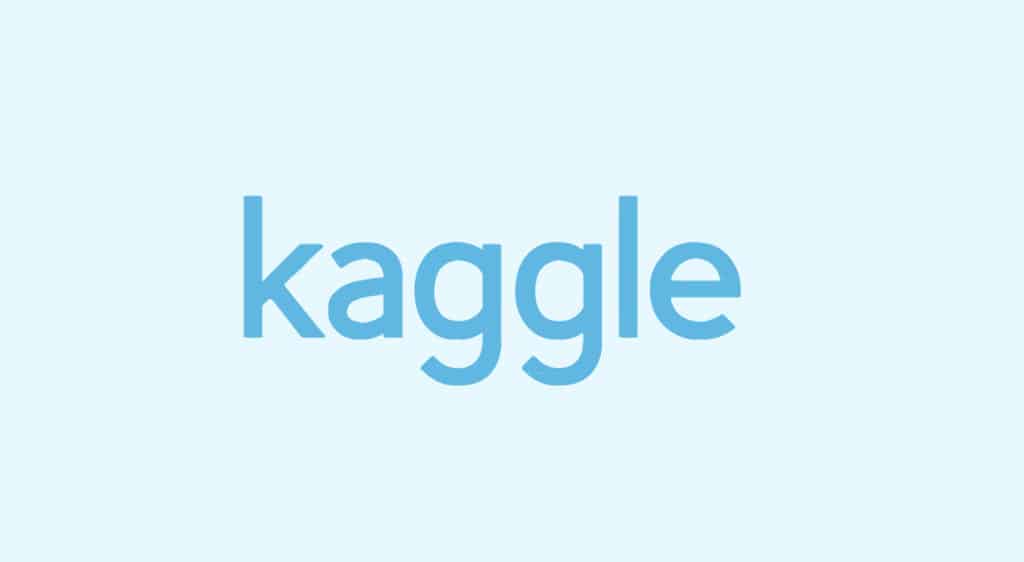If you’ve been doing data science for a while you’ve probably heard of Kaggle. And you haven’t, it won’t be long now. Let’s take a look at what Kaggle is and why it’s become an indispensable tool in the world of data science!
What is Kaggle?
Kaggle is a web platform that hosts the world’s largest Data Science community, with over 536,000 active members in 194 countries and receives nearly 150,000 submissions per month, and provides it with powerful tools and resources to help achieve all data science advancements. Kaggle, like Datascientest, offers a customizable, configuration-free Jupyter Notebooks environment. GPUs and a large amount of data and code published by the community are freely available. Inside Kaggle, you’ll find all the code and data you need to complete your data science projects. There are over 50,000 public datasets and 400,000 public notebooks available for everyone to use.
This platform is trusted by some of the largest Data Science companies in the world, such as Walmart or Facebook. The platform allows data scientists and other developers to participate in machine learning contests or data challenges, write and share code, and host datasets.
The topics covered on Kaggle are extremely diverse, ranging from trying to predict the onset of cancer by examining patient records to analyzing the sentiment of movie reviews. The platform offers interesting and challenging projects where contributors can learn and practice, and offers discussions with industry leaders and experts.
In summary, on Kaggle a user can:
- Find and publish databases
- Explore and build models on a web-enabled environment
- Work with other professionals and enthusiasts
- Compete to challenge each other on innovative topics
Kaggle Competitions : What are we talking about?
Competitions are the mainstay of the Kaggle platform. They allow you to challenge yourself by having rankings as a performance benchmark and motivating factor. Although there is a competitive emulation, the community is always benevolent and your questions are welcome, the goal being to push data science innovations. Competitions are of 4 different types:
- Sponsored : They are sponsored by companies, associations and even governments, with big prizes at stake.
- Research : They are research oriented and the prizes are much smaller.
- Hiring : Rarer, these competitions have a job offer by the sponsoring company at the end.
- Affordable : These competitions have no prizes, but they are tailored for new users with accessible topics and easily interpretable data. You can join at any time.

How could I start using Kaggle?
Now that you’re convinced of the value of Kaggle and you want to start practicing ? Here are some tips on how you can successfully join this community :
- Advance gradually : The best way to get better is to go slowly but surely, starting with simple topics with easily interpretable data.
- Get inspired by the codes with the most votes: Kaggle offers for each competition a ranking of the “best” codes. These notebooks are often well explained and progressive.
- Do not hesitate to use the forum : As with DataScientest training, Kaggle offers a forum to ask for help from other users. There are no stupid questions and Kagglers are often very happy to answer other enthusiasts.
- Work alone : It is important to focus on yourself, to really challenge yourself and then work in a team to push the limits of your knowledge.
- Follow the Datascientest trainings to fully understand the concepts and become a professional Data Scientist or Analyst !
Practicing data science can be technically challenging and Kaggle has changed the landscape of data science since 2010 by providing an accessible and comprehensive platform. The wide range of difficulties allows for content of all levels and for all tastes.










